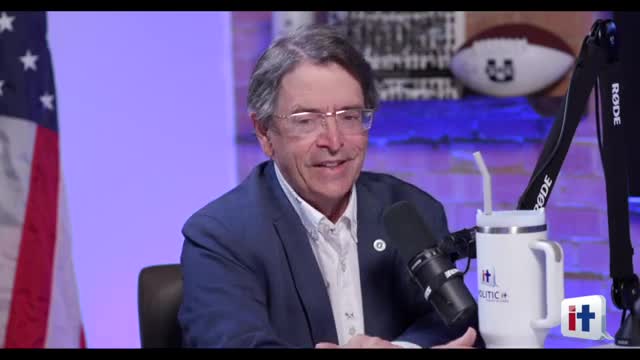Legislative Changes Spark Controversy Over Direct Democracy
November 28, 2024 | Policicit Moderator Senator John Johnson, Citizen Journalism , 2024 -2025 Utah Citizen Journalism, Elections, Utah
This article was created by AI summarizing key points discussed. AI makes mistakes, so for full details and context, please refer to the video of the full meeting. Please report any errors so we can fix them. Report an error »

In a recent government meeting, discussions centered around the implications of proposed legislative changes and the balance of power between urban and rural interests in Utah. Key speaker Rob Bishop emphasized the importance of maintaining representation for both demographics in congressional districts, arguing that the current division is essential for addressing the concerns of the entire state.
Bishop expressed frustration over the lack of expertise among committee members who were primarily from urban areas, suggesting that this could lead to decisions that do not reflect the needs of rural communities. He raised concerns about potential legislation that could alter the process of selecting the state Supreme Court, hinting at a shift that may have long-term consequences for governance.
The conversation also touched on the growing trend of initiatives aimed at reducing the signature threshold for ballot measures to just 1%. This change, if implemented, could allow a wider range of issues to be placed before voters, which some participants viewed as a threat to the legislative process and a move towards direct democracy. The fear is that such initiatives could be manipulated by well-funded groups, undermining the careful balance that has historically characterized Utah's governance.
Participants voiced a strong preference for legislative decision-making over direct democracy, arguing that elected officials are held accountable through the electoral process, unlike independent commissions that may not face the same scrutiny. The discussion highlighted a broader concern about the role of the judiciary in interpreting constitutional amendments, with some suggesting that recent court decisions have opened the door to a \"Pandora's box\" of super laws that could bypass traditional legislative authority.
Overall, the meeting underscored the tension between maintaining a representative government and the increasing influence of direct initiatives, raising questions about the future of governance in Utah and the potential impact on both urban and rural constituents.
Bishop expressed frustration over the lack of expertise among committee members who were primarily from urban areas, suggesting that this could lead to decisions that do not reflect the needs of rural communities. He raised concerns about potential legislation that could alter the process of selecting the state Supreme Court, hinting at a shift that may have long-term consequences for governance.
The conversation also touched on the growing trend of initiatives aimed at reducing the signature threshold for ballot measures to just 1%. This change, if implemented, could allow a wider range of issues to be placed before voters, which some participants viewed as a threat to the legislative process and a move towards direct democracy. The fear is that such initiatives could be manipulated by well-funded groups, undermining the careful balance that has historically characterized Utah's governance.
Participants voiced a strong preference for legislative decision-making over direct democracy, arguing that elected officials are held accountable through the electoral process, unlike independent commissions that may not face the same scrutiny. The discussion highlighted a broader concern about the role of the judiciary in interpreting constitutional amendments, with some suggesting that recent court decisions have opened the door to a \"Pandora's box\" of super laws that could bypass traditional legislative authority.
Overall, the meeting underscored the tension between maintaining a representative government and the increasing influence of direct initiatives, raising questions about the future of governance in Utah and the potential impact on both urban and rural constituents.
View full meeting
This article is based on a recent meeting—watch the full video and explore the complete transcript for deeper insights into the discussion.
View full meeting

